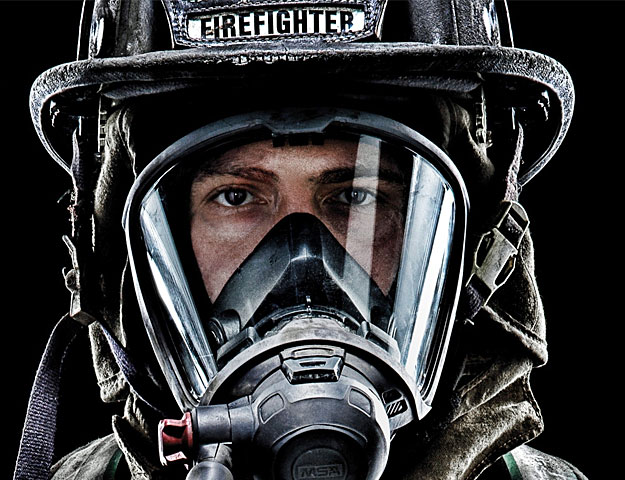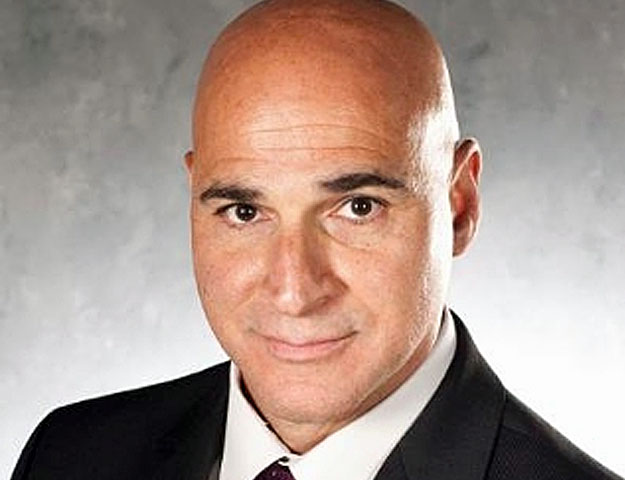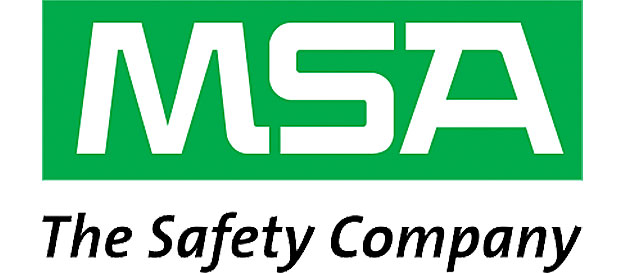
MSA Safety has received a $4 million contract to provide state-of-the-art respiratory protective equipment to the Boston Fire Department.
The formal equipment conversion will take place this Saturday, with an all-day, station-to-station change-out process led by representatives from MSA and Firematic Supply Co. of Milford, Mass., MSA’s distribution partner responsible for servicing the SCBA contract.
(Learn More about the MSA G1, courtesy of MSA and YouTube.)
The decision to upgrade the department’s SCBA technology was made after an extensive and comprehensive evaluation process, conducted by the Boston Fire Department Training Division with the full support and cooperation of Boston Firefighters Local 718 IAFF (International Association of Fire Fighters).

“The G1 SCBA represents the most advanced technology available in critical personal protection and is the flagship of MSA’s product line for the fire service market,” said Nish Vartanian, President, MSA Americas.
“We‘re incredibly proud to establish this new partnership with one of the oldest and most respected fire departments in the United States.”
“But more importantly, we’re honored that the Boston Fire Department has entrusted MSA with the responsibility of protecting the men and women who keep the residents of Boston safe each day.”
For the Boston Fire Department (BFD), the new SCBA technology supports the department’s many efforts to reduce the incidence of cancer among firefighters, as well the number of annual joint and muscular injuries sustained by firefighters on the job.

Boston Fire Commissioner and Chief of Department Joseph E. Finn has been a vocal advocate for change – in Boston and throughout the entire fire service community – when it comes to deploying new tactics and using new equipment that improve the overall health, safety and welfare of firefighters.
In 2014, with this vision in mind, Commissioner Finn established the department’s first Safety, Health and Wellness Division with a goal of making Boston a model department as it relates to the health and wellbeing of its more than 1,450 firefighters.
On Thursday of this week, Commissioner Finn addressed industry leaders on this same topic as the opening keynote speaker at the annual Firehouse (magazine) Expo in Nashville, Tenn.
Commissioner Finn noted that since 1990, more than 160 Boston firefighters have died from cancer. And every year another 20 firefighters, on average, are diagnosed with the disease.
He added that the department has also seen more than 150 neck and shoulder injuries in a calendar year. These statistics were a key factor in the department’s decision to deploy new practices and evaluate new protective equipment, including SCBA technology.
“Obviously it’s vital to wear protective gear during a fire,” Commissioner Finn said.
“But as flames are extinguished and the fire begins to smolder, firefighters risk severe exposure to dangerous heat and smoke toxins, and therein lies the cancer health threat,” he said.
“What we’re working to emphasize is the need to wear protective equipment after a fire has been extinguished, and then to properly clean that equipment to reduce additional exposure risks.”
(See Boston Fire Department in Action. Courtesy of [rescue911.de] – worldwide emergency responses and YouTube.)
The groundbreaking design and ergonomic features of the MSA G1 SCBA were a key factor in Boston’s selection of the new SCBA technology.
As the single largest new product development effort in MSA’s 102-year history, the G1 is the most technologically advanced, streamlined, balanced, and customizable SCBA the company has ever produced.
Unlike conventional designs, the G1 SCBA has no electronics on its facepiece.
In addition, the unit’s unique ergonomic design, combined with an adjustable waist belt and wide shoulder straps, allows more SCBA weight to be carried on a firefighter’s hips.
Collectively, these features make the SCBA more comfortable to wear for longer periods of time.
In addition to these innovations, the G1 SCBA includes improved voice amplification and a “Central Power” unit that powers the entire SCBA from a single, rechargeable battery compartment.
It also comes equipped with darkness- and smoke-piercing “buddy lights” that provide visible indicators, from any angle, of critical air supply data.
(Learn More, courtesy of MSA and YouTube)

















